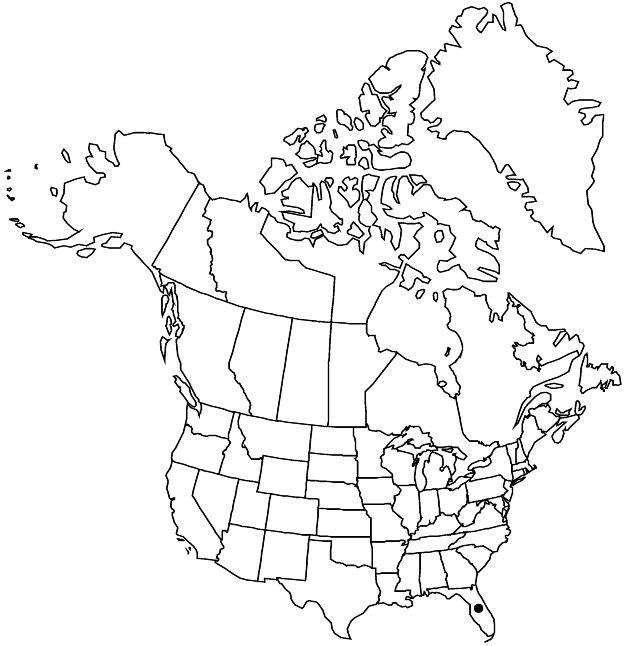Difference between revisions of "Passiflora pallens"
in C. F. P. von Martius et al., Fl. Bras. 13(1): 567, plate 128, fig. 4. 1872.
FNA>Volume Importer |
FNA>Volume Importer |
||
| Line 32: | Line 32: | ||
-->{{#Taxon: | -->{{#Taxon: | ||
name=Passiflora pallens | name=Passiflora pallens | ||
| − | |||
|authority=Poeppig ex Masters in C. F. P. von Martius et al. | |authority=Poeppig ex Masters in C. F. P. von Martius et al. | ||
|rank=species | |rank=species | ||
| Line 47: | Line 46: | ||
|publication year=1872 | |publication year=1872 | ||
|special status= | |special status= | ||
| − | |source xml=https://jpend@bitbucket.org/aafc-mbb/fna-data-curation.git/src/ | + | |source xml=https://jpend@bitbucket.org/aafc-mbb/fna-data-curation.git/src/f50eec43f223ca0e34566be0b046453a0960e173/coarse_grained_fna_xml/V6/V6_329.xml |
|genus=Passiflora | |genus=Passiflora | ||
|species=Passiflora pallens | |species=Passiflora pallens | ||
Revision as of 22:04, 16 December 2019
Stems terete when young, glabrous. Leaves weakly to moderately pungent, glabrous; stipules subreniform, 10–20 × 5–14 mm, eglandular; petiole glandular, glands clavate; blade roughly symmetric, 1.5–6 × 2.5–9 cm, shallowly 3-lobed, middle lobe as long as or longer than lateral lobes, margins serrate basally; abaxial fine veins moderately raised, abaxial nectaries absent. Floral bracts ovate, 10–20 × 9–12 mm, margins basally serrate to glandular-serrate basally. Flowers: floral tube cuplike, 3–5 mm deep; sepals white, 30–35 × 7–12 mm; petals white, 20–30 × 6–10 mm; corona filament whorls 4, outer filaments green basally, white apically, with alternating lines of purple, linear, terete, 7–15 mm. Berries yellow to yellow-orange, ovoid, 30–50 × 25–35 mm.
Phenology: Flowering Apr–Dec.
Habitat: Margins of and sunny gaps within mesic to wet tropical to subtropical woodlands
Elevation: 0–10 m
Distribution

Fla., West Indies (Cuba, Hispaniola).
Discussion
Leaf and stipule variegation, although rare within subg. Passiflora, is occasionally found in Passiflora pallens, and may serve to camouflage plants from predators in the dappled shade of their habitats. Listed as endangered in Florida, in the flora area it is found only in the southernmost part of the state.
Selected References
None.